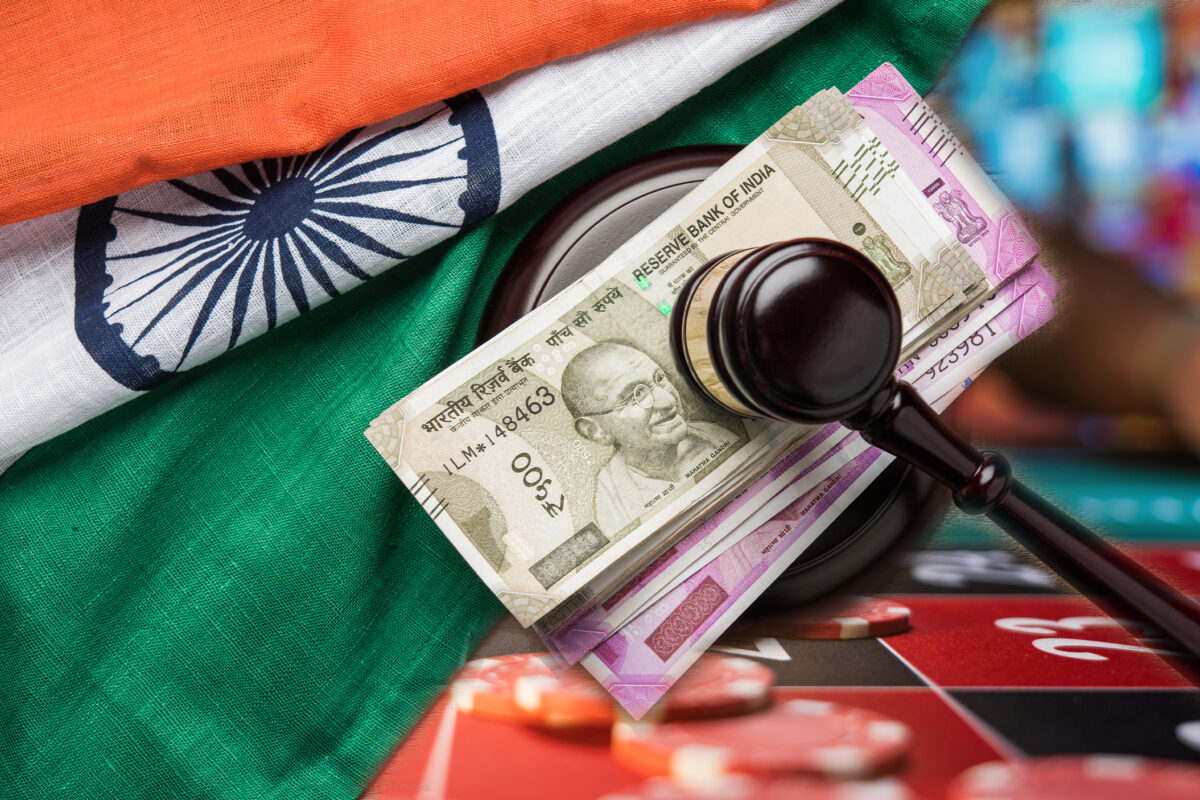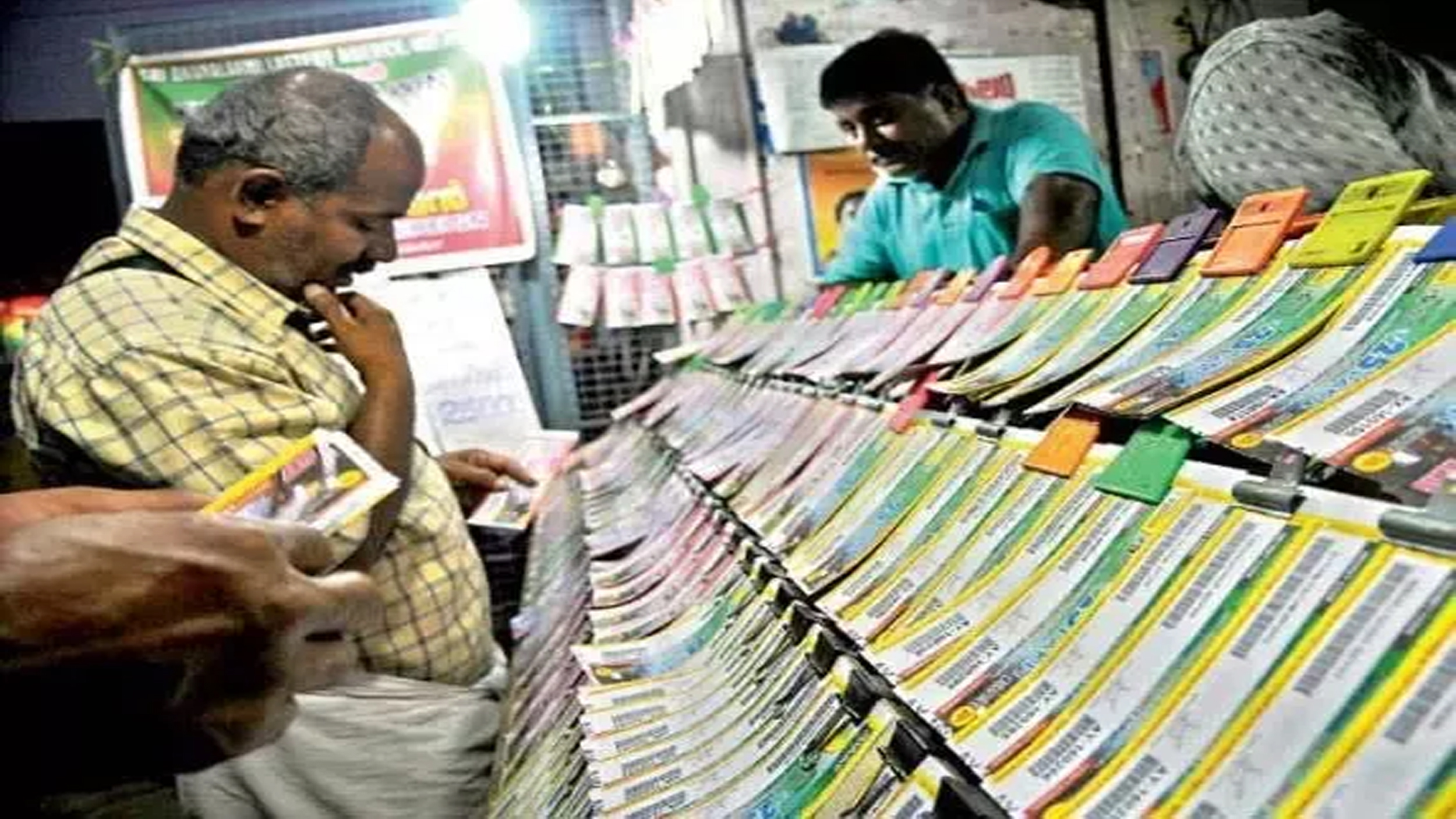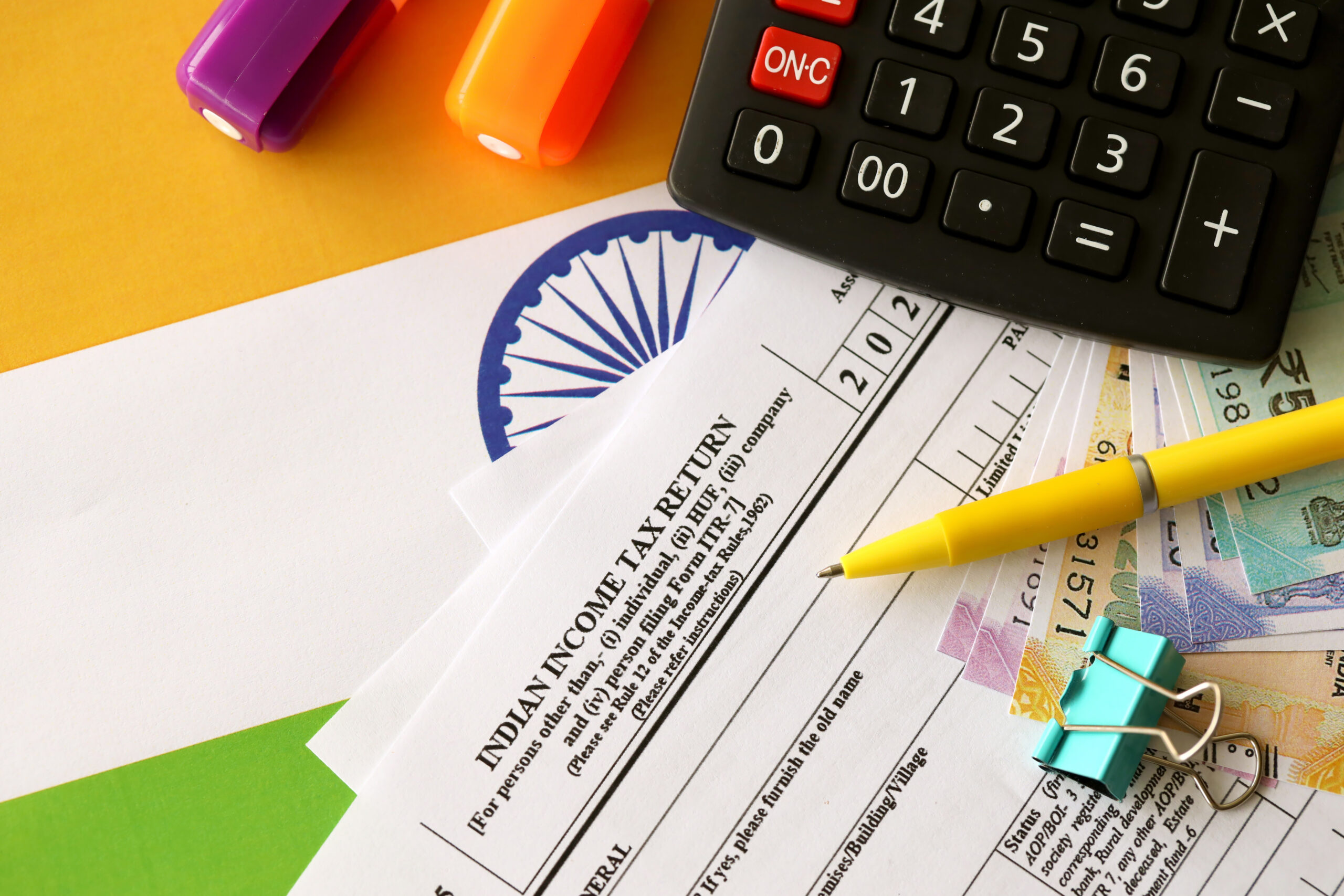
The legality of online casinos in India is a complex and often confusing topic. With millions of Indians engaging in online gaming, understanding the legal landscape is crucial. Here’s a breakdown of where things stand.

Lottery Bazar in late 80s
This image depicts individuals at a lottery booth, representing the long-standing practice of gambling in India and the historical context of current gambling legislation.
Historical Context and Current Legislation.
India’s primary law governing gambling is the Public Gambling Act of 1867. This old law prohibits running or visiting public gambling houses but doesn’t mention online gambling, given its age. Because of this, how it applies to modern online gambling is still unclear.
Gambling laws in India are a state subject, meaning each state can make its own rules. This results in a patchwork of regulations across the country. For example, Goa and Sikkim have more relaxed laws, allowing certain types of gambling. Sikkim even issues licenses for online gambling, but these are usually restricted to residents of the state.

Skill VS Chance
The image contrasts two types of gambling: games of skill and games of chance. On the left, a hand holds a set of aces, symbolizing poker, a game of skill that requires strategy and expertise. On the right, a roulette wheel represents games of chance, where outcomes are determined by luck.
Games of Skill vs. Games of Chance
A key aspect of gambling law in India is the difference between games of skill and games of chance. The Supreme Court of India has ruled that games involving a substantial degree of skill are not considered gambling. For example, horse racing and rummy are seen as games of skill because they require strategy and judgment.
On the other hand, games based mostly on luck, like roulette or slot machines, are classified as gambling and are generally prohibited.

Future Of Online Gaming
In the image, a person is absorbed in a gambling game on their laptop, illuminated by the screen's glow.
Online Gambling and Recent Developments
Despite these measures, many Indians access offshore gambling sites using VPNs and proxy servers. These sites operate outside Indian jurisdiction, and no players have been prosecuted for using them.

Taxation on gambling in India
In India, gambling winnings are taxed as "income from other sources." Residents are taxed at applicable slab rates, while non-residents face a flat rate of 30% on their gambling income, with no deductions allowed.
Taxation and economic implications
Recently, the Indian government introduced a 28% Goods and Services Tax (GST) on online gambling. This high tax rate led many international operators to leave the Indian market. The tax applies whether the game is skill-based or chance-based, making it expensive for both operators and players.
Additionally, winnings from gambling over INR 10,000 are taxed at 30%. This adds another financial burden for those who gamble online.

This is the heading
Lorem ipsum dolor sit amet, consectetur adipiscing elit. Ut elit tellus, luctus nec ullamcorper mattis, pulvinar dapibus leo.
the future of online gambling legislation
Creating a standardized nationwide law for online gambling in India is challenging. The current legal ambiguity puts both players and operators in a difficult position. Without comprehensive regulation, players also miss out on responsible gambling tools that can help prevent addiction.
India could look to countries like the United Kingdom for a model of how to regulate online gambling effectively. These countries offer robust player protections and clear regulations, creating a safer environment for everyone involved.

Popular gaming platform Phantom777
www.phantom777.com is Asia's biggest gaming platform.
popular online gaming websites
Despite the legal complexities, many online gaming websites operate in India, providing platforms for online casino games. Some popular sites include:
- Phantom777
- Parimatch
- 1xbet
- Stake
These sites are often licensed and regulated outside India, offering a wide range of casino games, sports betting, and other gambling activities.

Conclusion
conclusion
The legality of online casinos in India is currently governed by a mix of outdated federal laws and diverse state regulations. While there is a significant demand for online gambling, the legal environment remains uncertain. Until a clear and unified legal framework is established, players and operators will continue to navigate this complex landscape cautiously.

0 Comments